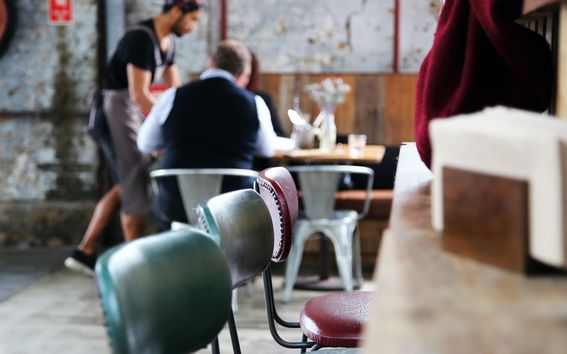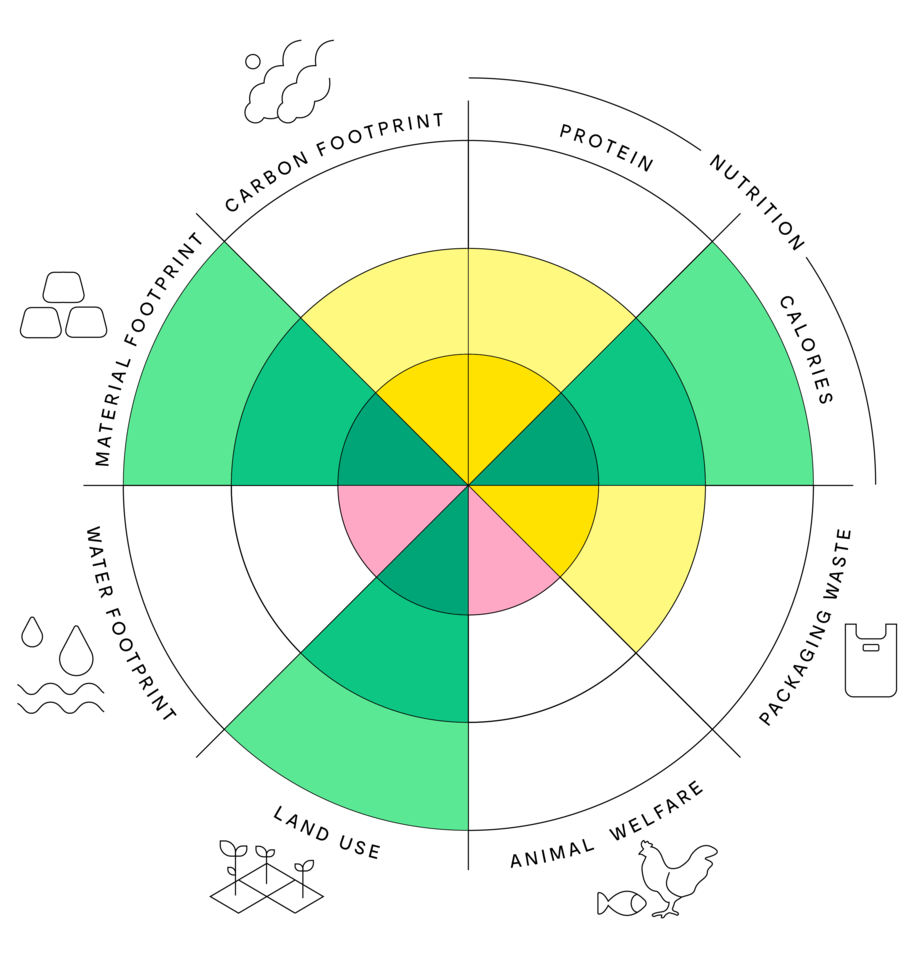New technologies can help people make sustainable dietary decisions

Aalto researchers have developed and tested a pilot app to help consumers evaluate their food choices. The study is part of the EU-ATARCA project which aims to create and promote ‘anti-rival tokens’, a blockchain-based technology that encourages the sharing of digital goods.
Though consumers are increasingly concerned about the environmental and health impacts of their food choices, many people are unsure what changes they should make. People often feel that they don’t have enough information to guide their decisions, and it’s also hard to see the impact of individual consumption habits. The Food Futures research project, led by Visiting Researcher S. M. Amadae of the Department of Communications and Networking, addresses these challenges by providing clear information on costs and benefits, and aggregating individual choices so their combined effect becomes apparent.
Design researchers from Aalto’s Creative Sustainability Programme developed a Food Wellbeing Index to capture the social, environmental, health, and economic consequences of food choices. The index integrates several variables to give a holistic overview which reflects the sustainability impact of a dietary choices. In the long run, the integrity and transparency of this information can be supported through the use of blockchain throughout the supply chain.

Building this information into an app gives consumers clear and easily actionable information, as was seen in a pilot study at the University of Helsinki’s Unicafe restaurants. ‘For vegan-curious participants, the index influenced rethinking their meal choice after viewing the impact on various variables, making them feel empowered to make a positive change,’ says Shreya Sood, who developed the index together with Ruta Jumite. ‘Vegan participants, on the other hand, got a sense of being appreciated for their default choices.’
For some users, the app provided new insights about the impact of certain foods. ‘For example, many participants said the app was an eye-opener about the high emissions associated with cheese,’ says Sood, noting that the app helped people begin to question their assumptions about certain protein sources.
In addition to giving users information to guide their individual decision, the app also uses anti-rival blockchain tokens and a distributed ledger to measure and aggregate choices, showing users how individual actions add up to a collective effect. Because the aggregated data reflect the food choices and aspirations of the community, they can be used to identify gaps and shortcomings that need to be addressed by policy-making in to order to meet sustainability goals.
The blockchain tools are also used to reward individual choices. In the long run, the researchers say these tools could provide policy-makers with a means to recognise individuals’ constructive sustainability impact.
‘Overall, users in the pilot project felt that it could help translate sustainability goals into actions. It motivated them to consistently make sustainable choices and created incentives to eat in a climate-friendly way,’ says Sood. The Food Futures research team is planning to run a second pilot experiment in the autumn.
Link to the report (atarca.eu)
Read more news

Apply Now: Unite! Visiting Professorships at TU Graz
TU Graz, Austria, invites experienced postdoctoral researchers to apply for two fully funded visiting professorships. The deadline for expressions of interest is 20 February 2026, and the positions will begin on 1 October 2026.
Hanaholmen’s 50th anniversary exhibition lives on online – making the history of Finnish–Swedish cooperation accessible worldwide
MeMo Institute at Aalto University has produced a virtual 3D version of the anniversary exhibition of Hanaholmen.
Stop applying for jobs and build your own startup instead at Ignite
Applications for the Ignite summer accelerator program 2026 are open. Apply by March 8.






